Elephants in captivity can be treated well- like the timber elephants in Myanmar, for example.
For thousands of years, elephants have been used to move timber from the forest to the neighboring towns.
I love to see these elephants working hard just like horses, camels, or oxen do in other parts of the world!
Every morning at the break of dawn, Zaw Win and his team herd their elephants
across the sweeping forest floor down to the riverbank.
They scrub and clean the mighty mammals before harnessing them to begin their day's work. Zaw Win, a
third-generation oozie (Burmese for "elephant handler") keeps a close eye on his animals - which are his livelihood.
across the sweeping forest floor down to the riverbank.
They scrub and clean the mighty mammals before harnessing them to begin their day's work. Zaw Win, a
third-generation oozie (Burmese for "elephant handler") keeps a close eye on his animals - which are his livelihood.
Decades of military dictatorship has meant that many aspects of
Myanmar are frozen in time. One of those traditions dates back thousands of years - the timber elephant.
Myanmar are frozen in time. One of those traditions dates back thousands of years - the timber elephant.
But will the elephants and their handlers, who have survived
kingdoms and military dictatorships, survive democracy and the open market?
Is there a place for them in a changing modern world?
kingdoms and military dictatorships, survive democracy and the open market?
Is there a place for them in a changing modern world?
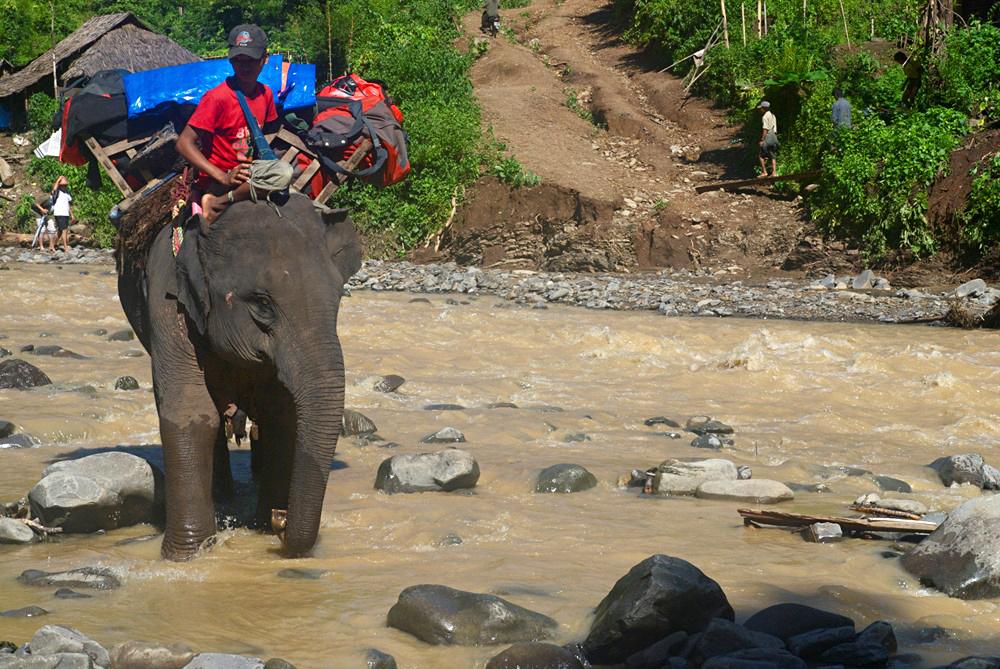
/Tiffany Ang/Al Jazeera
In Myanmar's challenging jungle terrain, elephants are the ideal form of transport during the monsoon season.
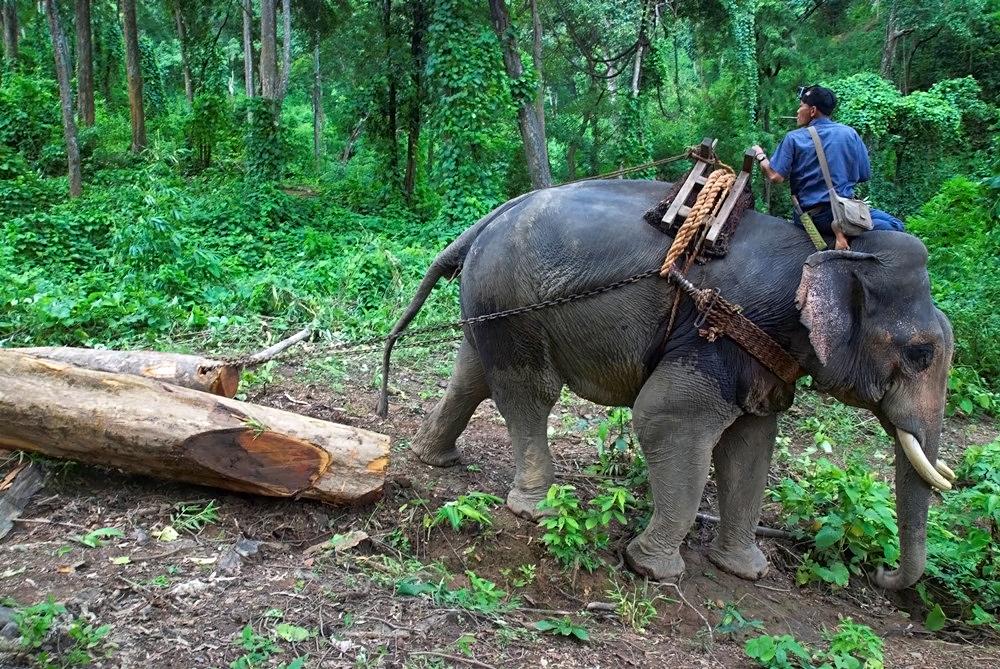
/Tiffany Ang/Al Jazeera
Myanmar is the only country remaining in Southeast Asia to use elephants for timber logging. Heavy machinery destroys far more of the forest.
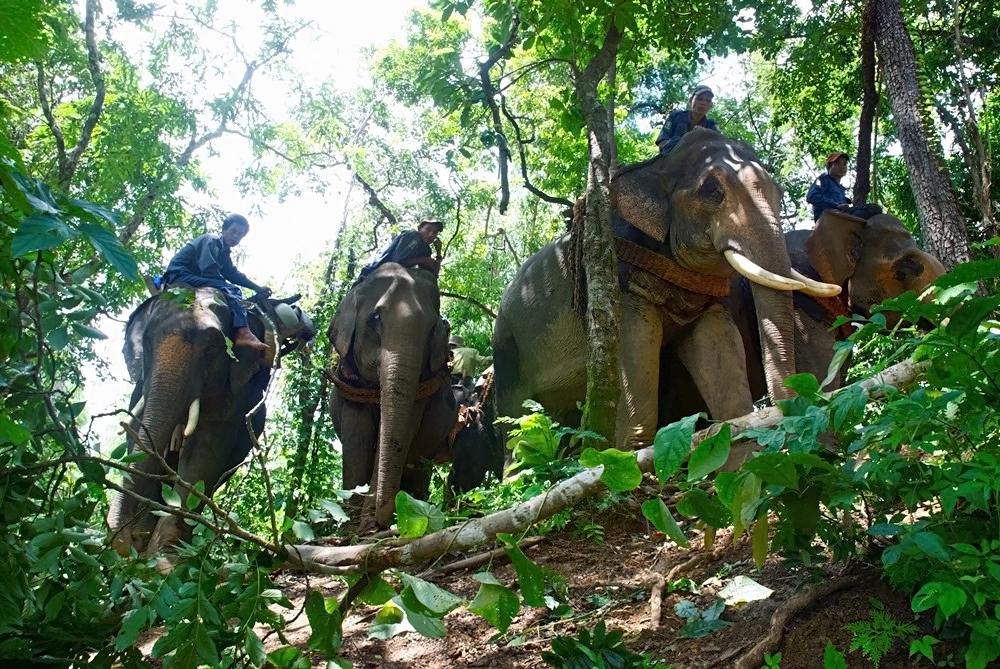
/Tiffany Ang/Al Jazeera
There are approximately 5,000 captive elephants in Myanmar, with 2,861 of them belonging to a single government logging agency, the Myanma Timber Enterprise.
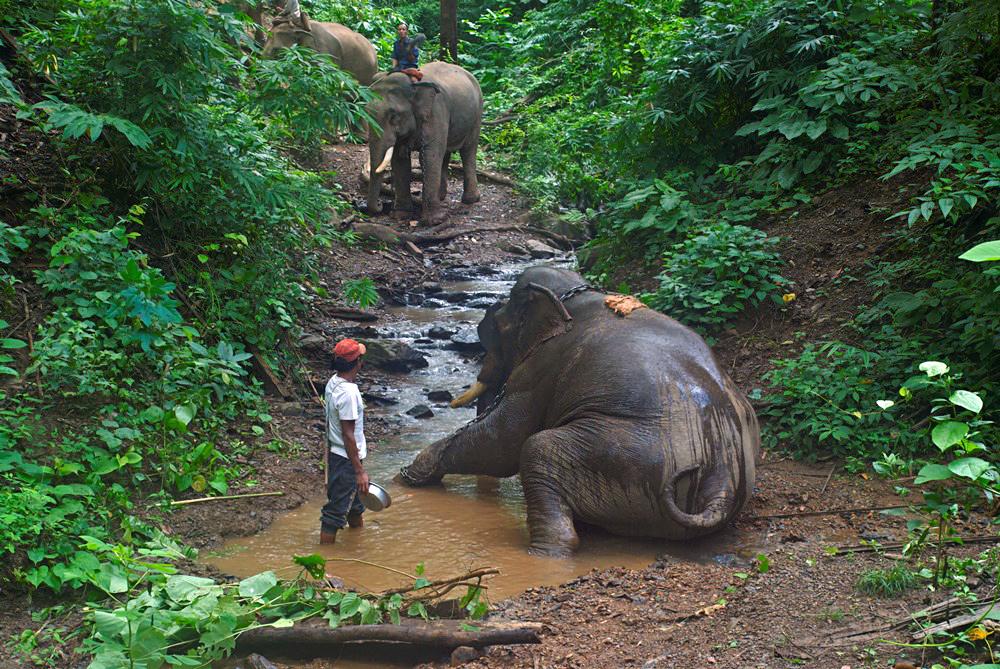
/Tiffany Ang/Al Jazeera
Tusker Swe Kyaw Htay was one of the last elephants caught from the wild. Today he is one of the most obedient timber elephants owned by Myanma Timber Enterprise.
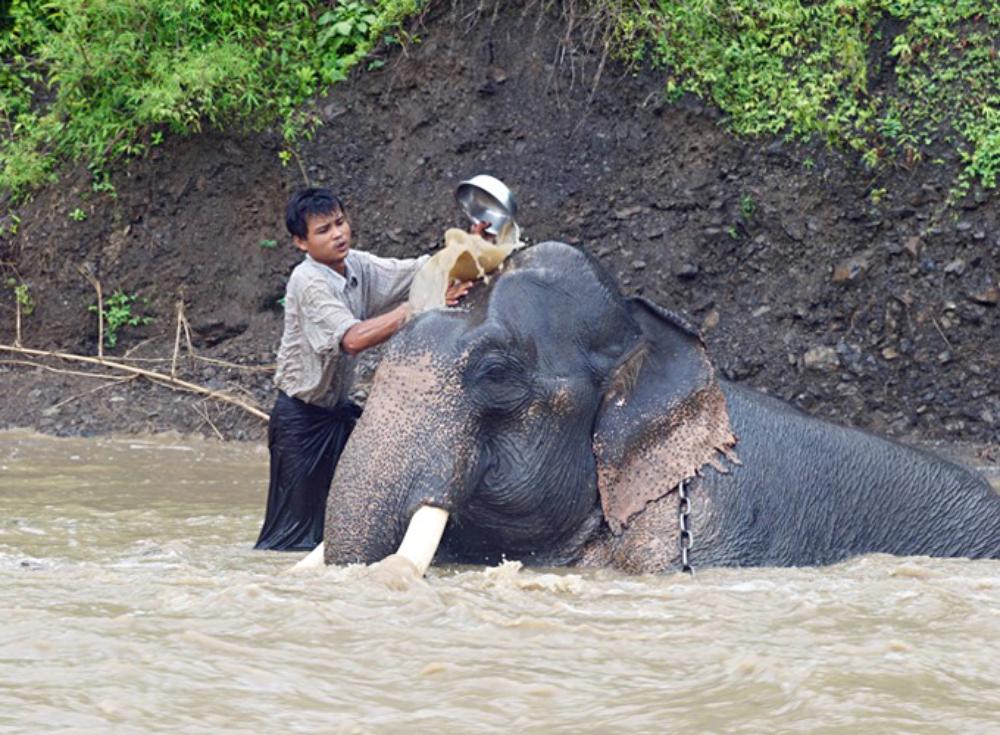
/Tiffany Ang/Al Jazeera
Every morning, oozies at Thayet San base camp bring their elephants down to the river for a good scrub.
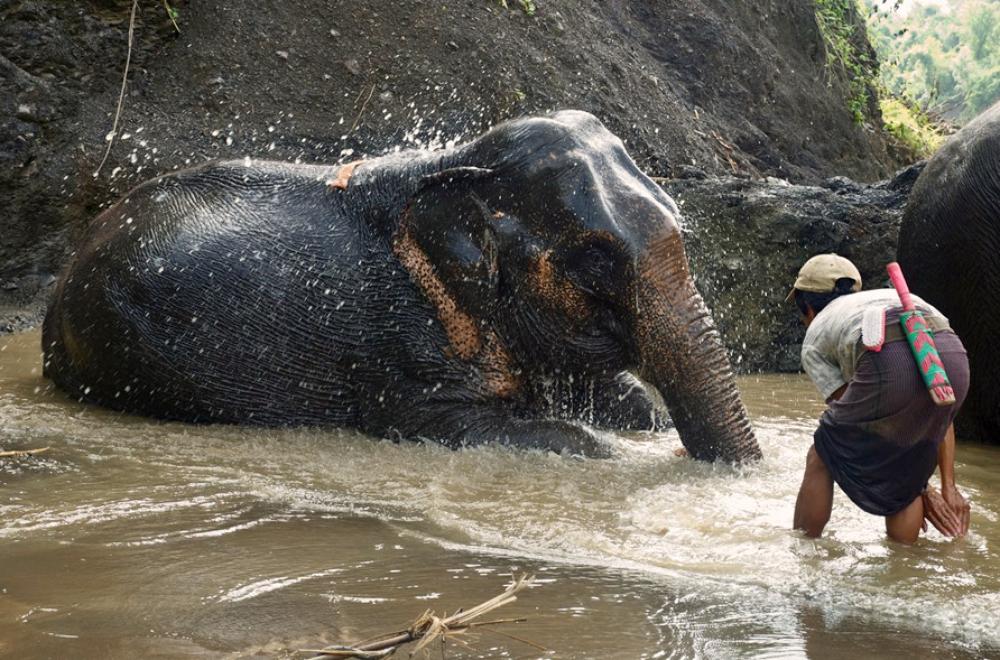
/Tiffany Ang/Al Jazeera
The daily bath is important for a timber elephant's hygiene and also reinforces the bond between oozie, elephant handler, and animal.
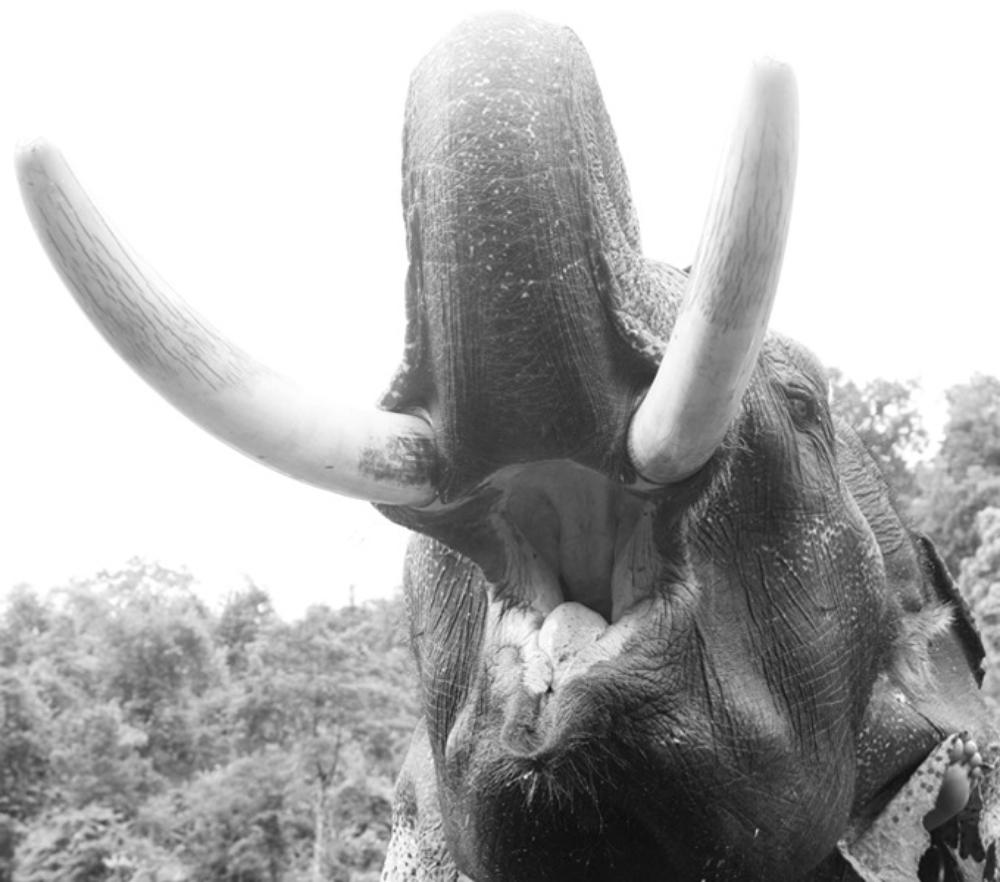
/Tiffany Ang/Al Jazeera
A male elephant is ready for a medical inspection. Vets will check his tongue for signs of anaemia.
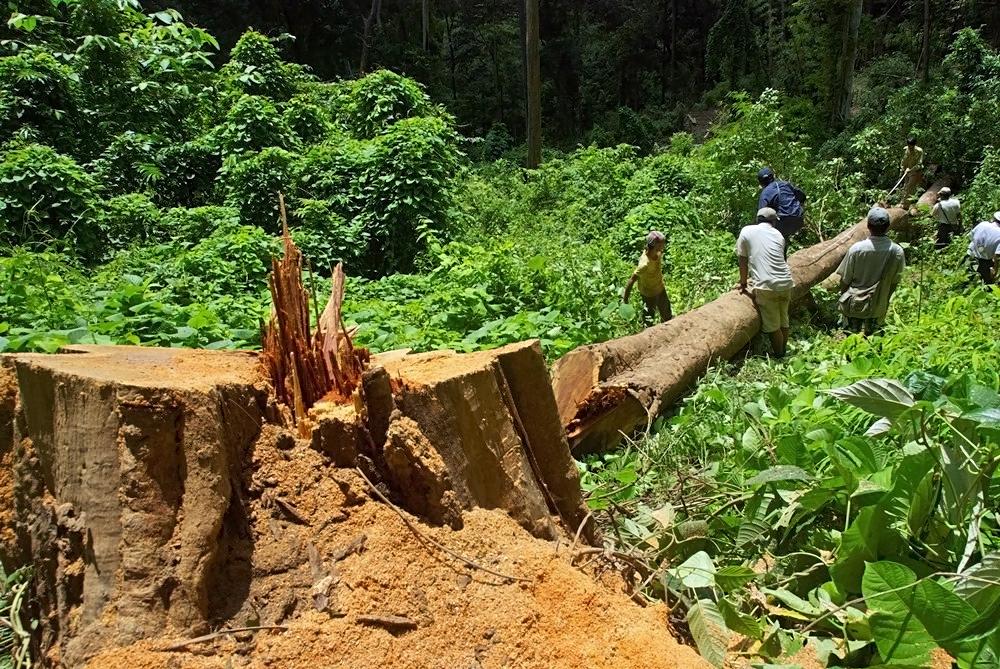
/Tiffany Ang/Al Jazeera
Forest cover in Myanmar has dropped to below 30 percent, and the government is taking drastic measures to protect its jungles from deforestation and illegal logging.
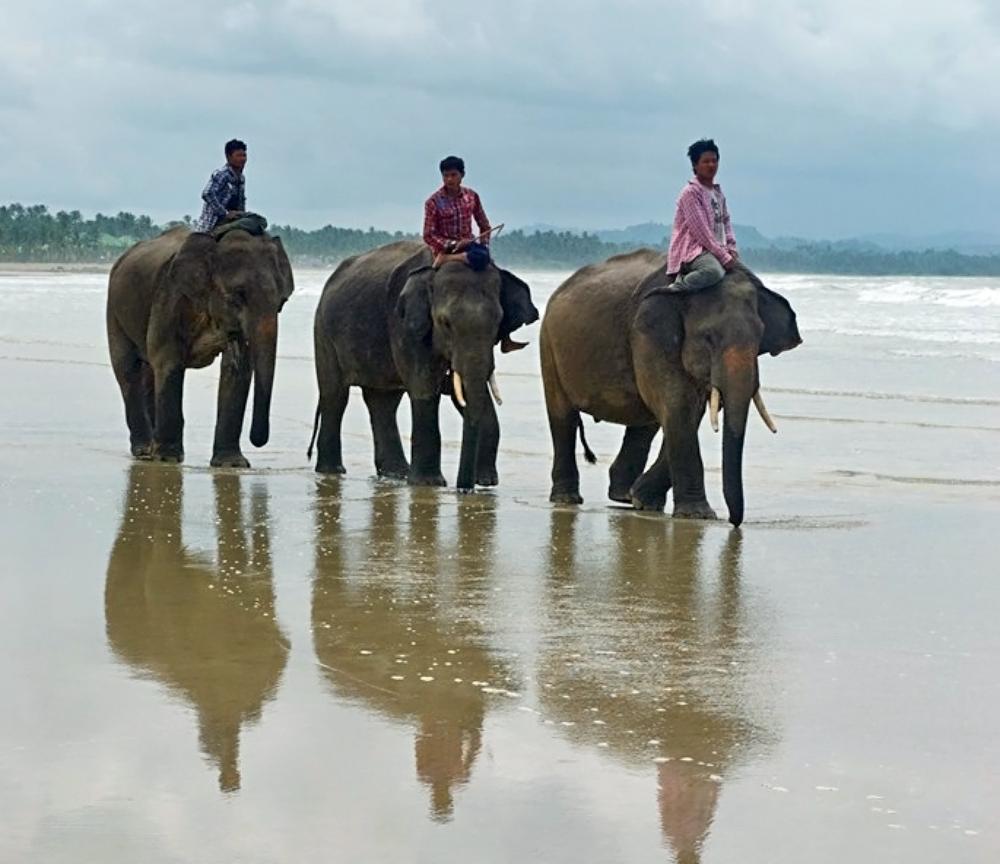
/Tiffany Ang/Al Jazeera
With Myanmar drastically reducing logging, timber elephants will be given lighter duties and some may be sent back into the wild.
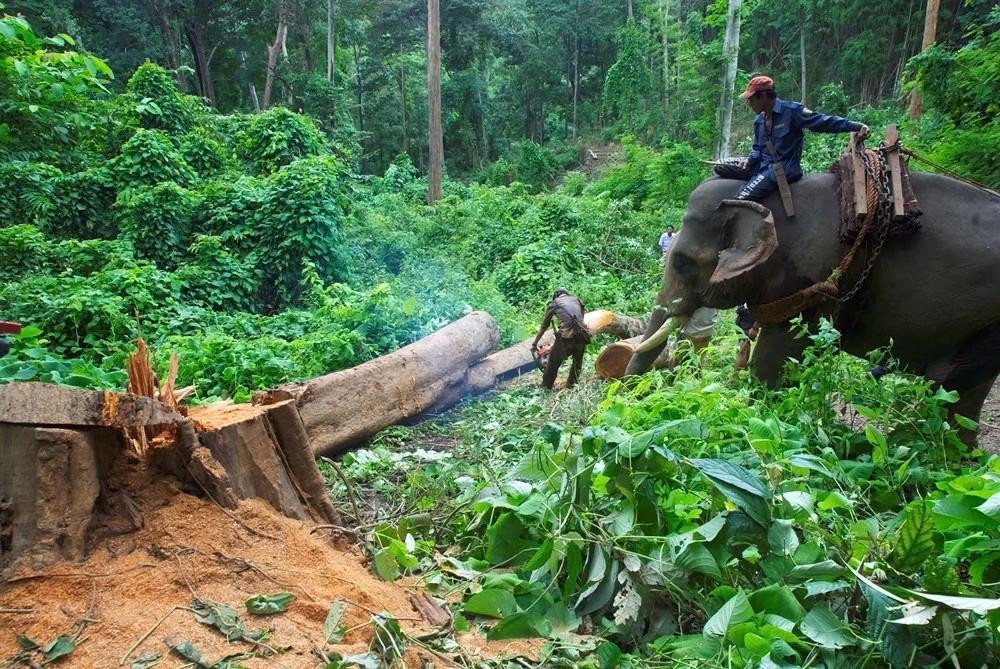
/Tiffany Ang/Al Jazeera
Myanmar will have a complete ban on raw timber exports from April 1, 2014 and will reduce logging by 50 percent, putting privately owned timber elephants out of work.
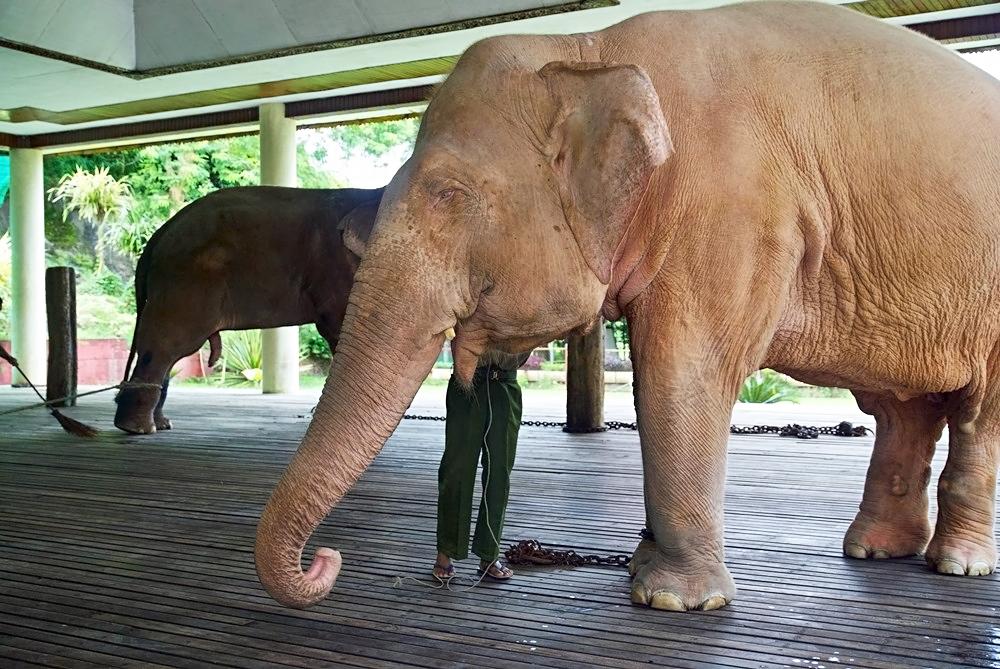
/Tiffany Ang/Al Jazeera
Elephant activists are concerned that out-of-work timber elephants may be used as tourist attractions, much like the rare white elephants in Yangon's Royal White Elephant Park.
|
| Go make a difference! |

No comments:
Post a Comment